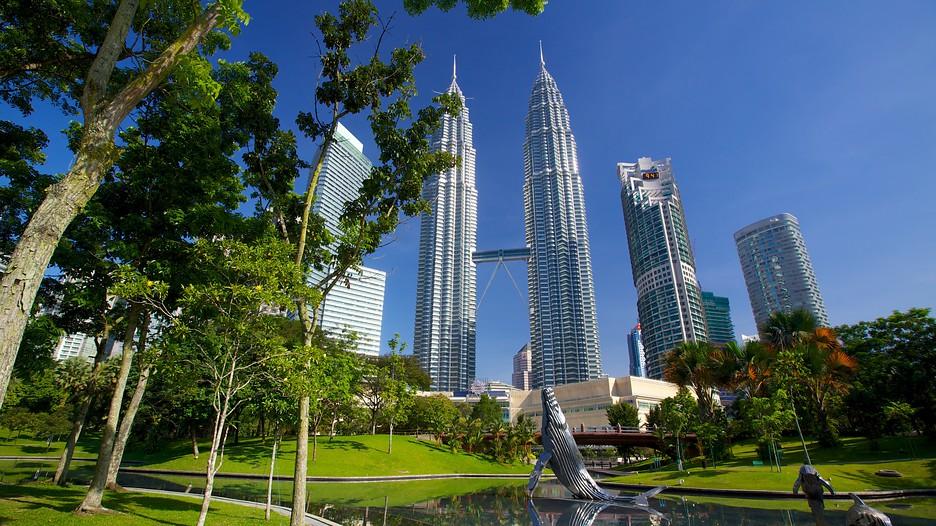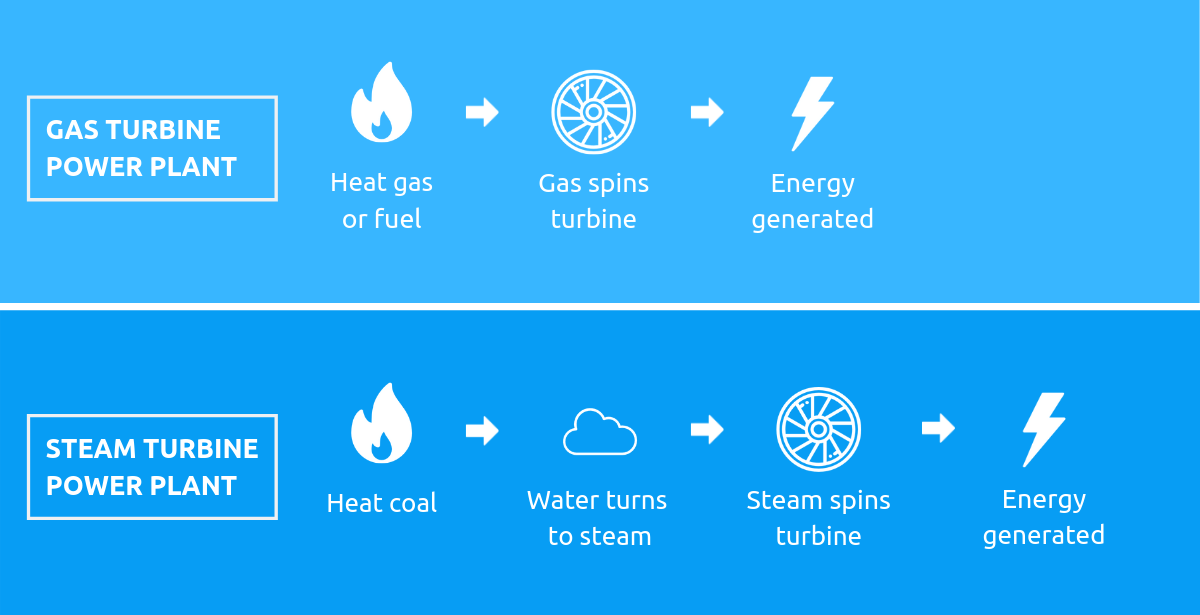Here's What Malaysia Is Doing To Produce More Sustainable Energy For A Greener Future
We could see 20% of our electricity being generated from renewable sources by 2030.
Let's start with a not-so-fun fact:
More than 90% of electricity generated for Peninsular Malaysia was attained from fossil fuel.
Most of Malaysia's electricity is generated from burning fossil fuels like oil, coal, and natural gas. From 1990 to 2016, the overall percentage was over 90%. And while there have been conscious efforts to promote renewable energy sources like solar energy and hydroelectricity in Malaysia, we still heavily rely on fossil fuels for our energy.
The shift to becoming a nation with sustainable energy requires us to look at two main things—introducing renewable energy sources and improving current energy efficiency
In line with this, MESTECC (The Ministry of Energy, Science, Technology, Environment and Climate Change) wants to see 20% of Malaysia's electricity being generated from renewable sources by 2030, an increase from the current 2%.
However, along with that, there also needs to be a proactive effort to make the remaining 80% of Malaysia's electricity generation more efficient, clean, and sustainable.
Here's a brief look at how we normally generate electricity:
The downside with these kinds of power plants is that a lot of potential energy gets wasted during the processes in between. This is why PETRONAS has been introducing co-generation power plants, or combined heat and power plants (CHP plants) for a more efficient process.
In fact, using a co-generation power plant could result in up to 80% efficiency, compared to the traditional power plant which could go as low as 30% efficiency
A co-generation power plant works very similarly to a gas turbine plant. However, co-generation produces thermal energy for industrial processes and also electricity at the same time, using the same fuel. Hence, it is a very efficient converter for fuel. This allows for an extra cycle of energy generation. This also means that a lot less energy is being wasted, while more electricity is being generated.
One of such plants in Malaysia is the Pengerang Co-generation Plant (PCP) by PETRONAS. Find out more about it in the video below:
Natural gas will leave a positive impact on the environment, community, and the nation’s development
Research conducted by the International Gas Union shows the positive impact of natural gas on the air quality in cities.The use of natural gas in power generation, heating, and transport can significantly reduce air pollution.
This positive impact on the environment in turn will improve public health among the community. The result of which is better development for the country.
Here's how natural gas could help preserve the world for the next generation:
- Natural gas emits 50 to 60 percent less carbon dioxide (CO2) when combusted in a new, efficient natural gas power plant compared with emissions from a typical new coal plant
- It provides cleaner burning than other fossil fuels, and produces negligible amounts of sulfur, mercury, and particulates
- Burning natural gas instead of coal could help reduce air pollution, providing immediate public health and environmental benefits
- Natural gas generators can help support the integration of wind and solar energy, provide increased flexibility to the electricity system, and continue to be used to meet peak demand
All in all, this is a great effort moving forward for our nation, as we strive to provide more affordable and clean energy to Malaysians
A cleaner, greener Malaysia starts with each of us. Whether it's being more conscious of the energy we use, how we manage our waste, or the way we address environmental issues, every Malaysian plays a part.



